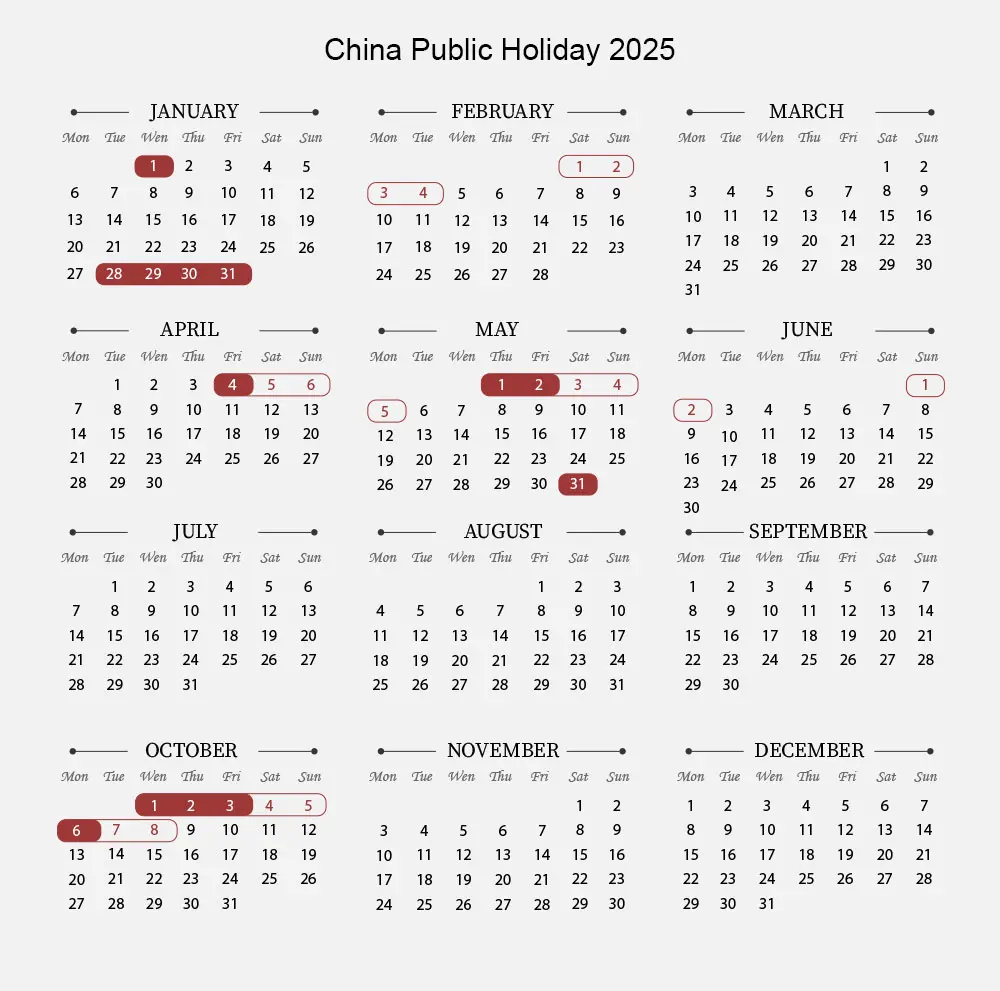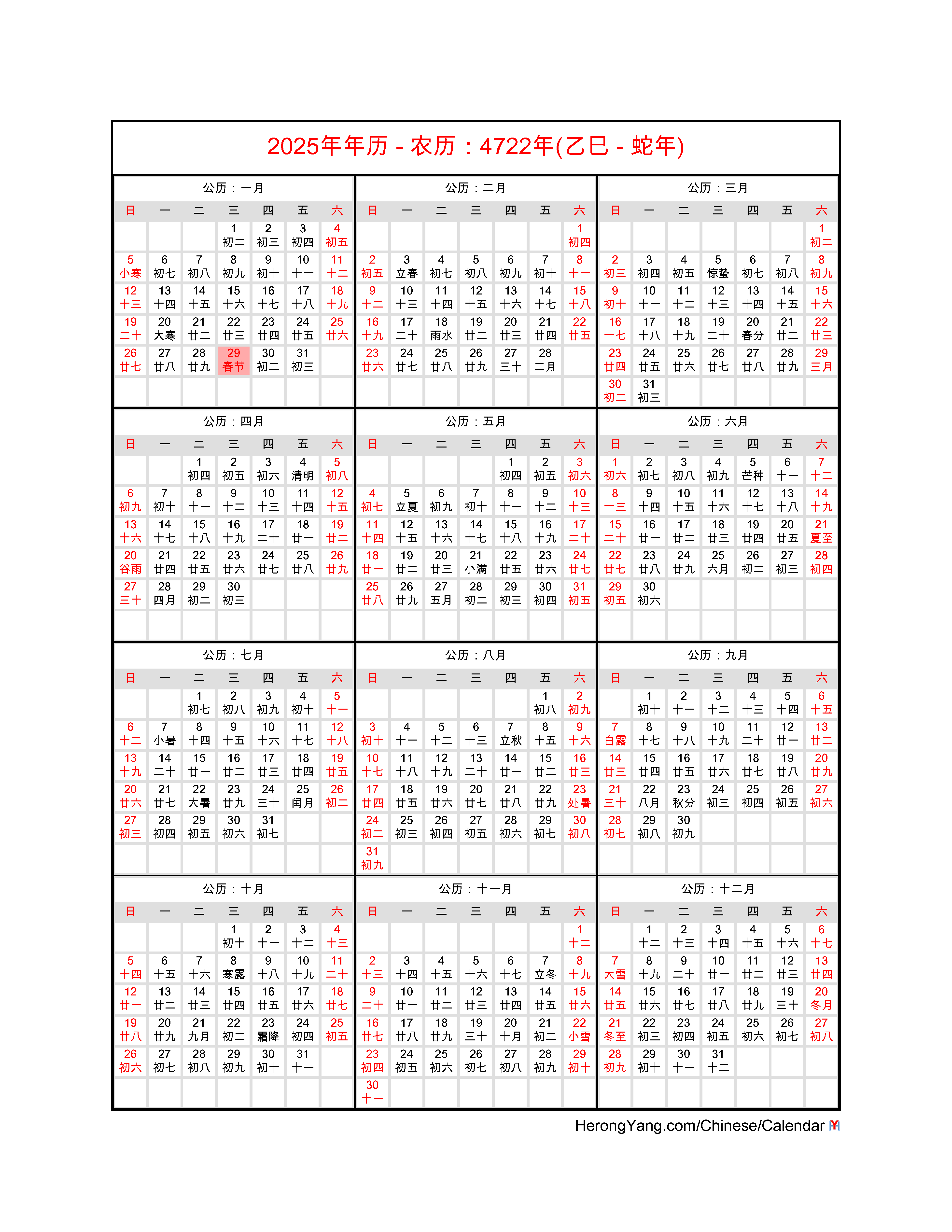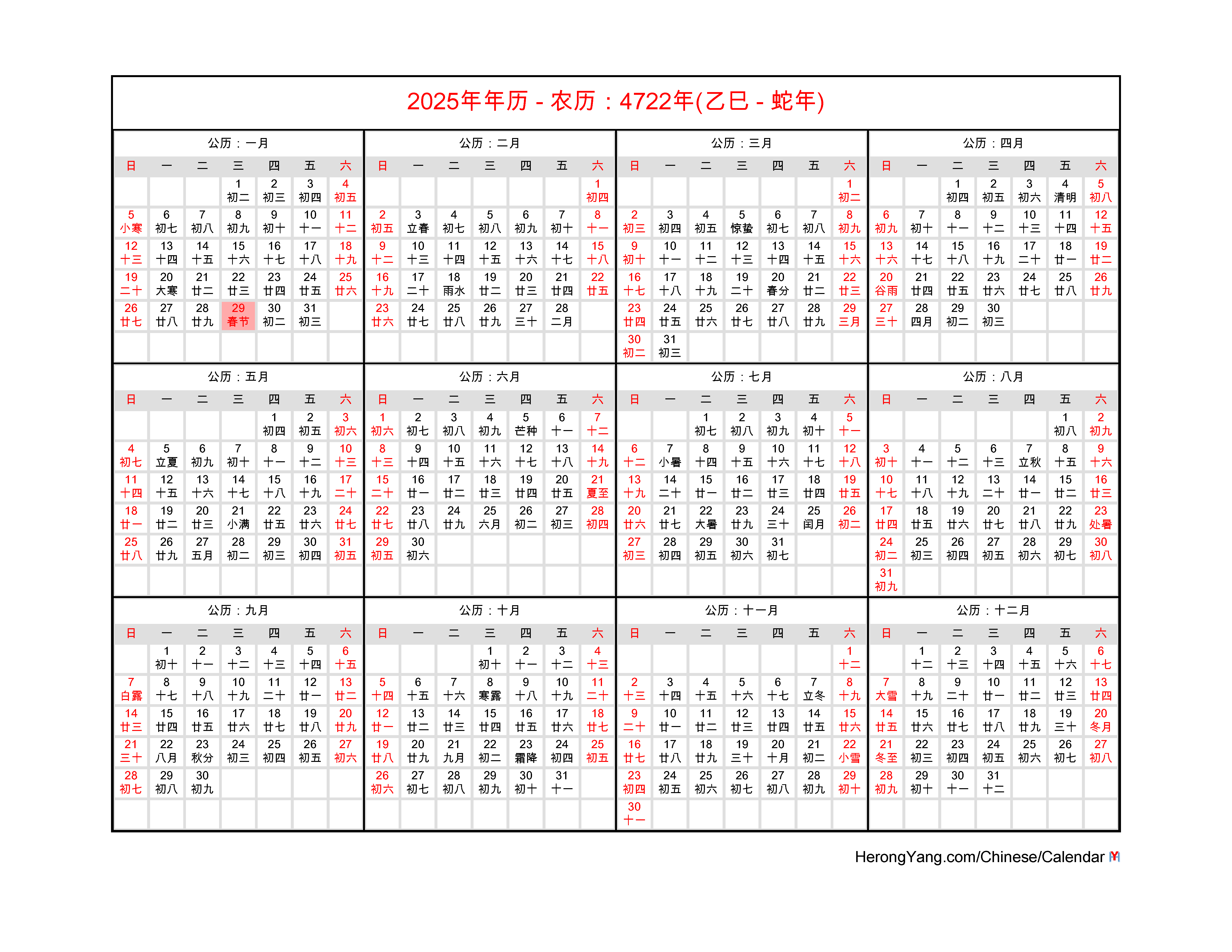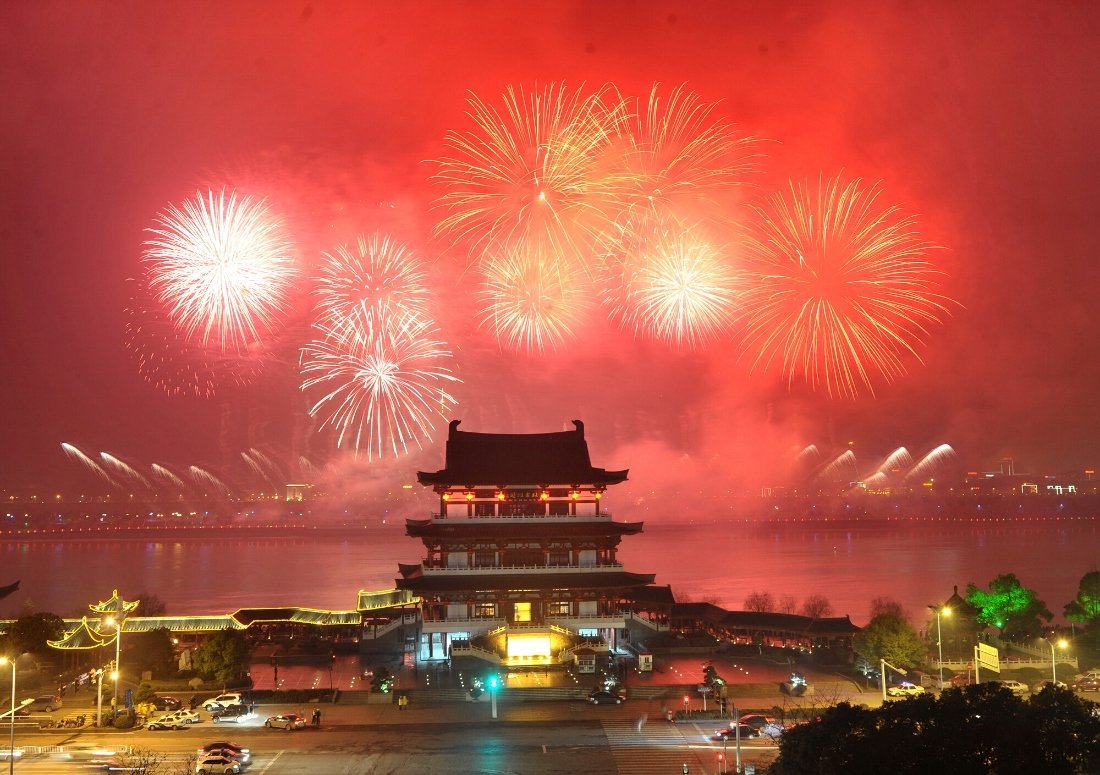Navigating the 2025 Chinese Holiday Landscape: A Comprehensive Guide
Related Articles: Navigating the 2025 Chinese Holiday Landscape: A Comprehensive Guide
Introduction
With great pleasure, we will explore the intriguing topic related to Navigating the 2025 Chinese Holiday Landscape: A Comprehensive Guide. Let’s weave interesting information and offer fresh perspectives to the readers.
Table of Content
Navigating the 2025 Chinese Holiday Landscape: A Comprehensive Guide

The Chinese holiday schedule is a dynamic entity, shaped by cultural traditions, economic considerations, and government policy. Understanding this schedule is crucial for businesses operating in China, individuals planning travel, and anyone seeking to engage with the country’s vibrant cultural scene. This article provides a comprehensive overview of the anticipated 2025 Chinese holiday schedule, highlighting key holidays, their significance, and practical implications.
Key Holidays and Their Significance
1. Chinese New Year (Spring Festival): This is the most important holiday in China, celebrated with family reunions, traditional feasts, and vibrant cultural performances. The exact date fluctuates annually, falling between January 21st and February 20th based on the lunisolar calendar. In 2025, the Spring Festival is expected to fall on February 10th. The holiday period typically spans a week, with many businesses and institutions closing for an extended period.
2. Tomb-Sweeping Day (Qingming Festival): Observed on April 4th or 5th, this holiday commemorates ancestors and marks the beginning of spring. Families visit ancestral graves, pay respects, and engage in activities such as kite flying and planting trees.
3. Labor Day (May Day): This international holiday, celebrated on May 1st, acknowledges the contributions of workers and is an opportunity for relaxation and travel.
4. Dragon Boat Festival (Duanwu Jie): Celebrated on the fifth day of the fifth lunar month, which falls on June 14th in 2025, this holiday commemorates the patriotic poet Qu Yuan. It is marked by the traditional practice of eating zongzi (sticky rice dumplings), racing dragon boats, and other cultural events.
5. Mid-Autumn Festival (Zhongqiu Jie): This harvest festival, celebrated on the 15th day of the eighth lunar month, falls on September 10th in 2025. Families gather to admire the full moon, enjoy mooncakes, and engage in lantern-viewing activities.
6. National Day (Golden Week): Celebrated on October 1st, this holiday commemorates the founding of the People’s Republic of China. It is a significant national holiday, often extended to a week-long "Golden Week" to encourage domestic tourism and boost the economy.
7. Other Regional Holidays: China also observes numerous regional holidays, such as the Lantern Festival (Yuanxiao Jie) following the Spring Festival, the Double Ninth Festival (Chongyang Jie) in October, and the Winter Solstice (Dongzhi Jie) in December. These holidays often hold local significance and are celebrated with unique customs and traditions.
Understanding the Impact of the Holiday Schedule
The Chinese holiday schedule has a profound impact on various aspects of life and business in China:
- Travel: During major holidays, domestic travel surges, with millions of people venturing across the country to visit family or explore new destinations. This surge in travel demand often leads to increased airfare, train ticket prices, and hotel rates.
- Business Operations: Many businesses and institutions close for extended periods during major holidays, impacting operations, supply chains, and customer service. Companies operating in China must plan ahead, ensuring sufficient staffing, stock availability, and contingency plans for potential disruptions.
- Retail and Consumption: Holidays are peak periods for retail sales, with consumers spending on gifts, food, and travel. Businesses can leverage these periods to launch promotions, increase sales, and capitalize on consumer spending.
- Cultural Exchange: Holidays provide opportunities to experience China’s rich cultural heritage, engage in traditional activities, and connect with local communities.
FAQs Regarding the 2025 Chinese Holiday Schedule
1. What are the official dates for the 2025 Chinese holidays?
The official dates for the 2025 Chinese holidays are listed above, with the Spring Festival falling on February 10th, Tomb-Sweeping Day on April 4th or 5th, Labor Day on May 1st, Dragon Boat Festival on June 14th, Mid-Autumn Festival on September 10th, and National Day on October 1st.
2. How long are the holidays and when do businesses typically close?
The duration of each holiday varies. The Spring Festival typically lasts a week, with businesses closing for an extended period. Other major holidays like National Day and Labor Day are usually observed for a few days, with businesses closing accordingly.
3. Are there any regional variations in holiday celebrations?
Yes, China has numerous regional holidays and customs. While major holidays are observed nationwide, certain regions have their own unique traditions and celebrations.
4. How can I find updated information on the 2025 Chinese holiday schedule?
The most reliable source for updated information is the official website of the Chinese government or local government websites.
5. What should I consider when planning travel during Chinese holidays?
Plan well in advance, book flights and accommodation early, be prepared for crowds, and consider alternative travel dates or destinations.
Tips for Navigating the 2025 Chinese Holiday Schedule
- Plan Ahead: For businesses, this means ensuring adequate staffing, inventory, and contingency plans. For individuals, it means booking travel arrangements, securing accommodations, and making reservations well in advance.
- Stay Informed: Monitor official announcements and news sources for any changes or updates to the holiday schedule.
- Embrace Cultural Experiences: Utilize holidays as opportunities to engage with local traditions, participate in cultural events, and connect with the local community.
- Adapt to the Holiday Rhythm: Be prepared for potential disruptions to business operations and service availability during peak holiday periods.
Conclusion
The 2025 Chinese holiday schedule offers a glimpse into the dynamic cultural landscape of China. Understanding these holidays, their significance, and their impact on business and travel is essential for navigating this complex and vibrant society. By planning ahead, staying informed, and embracing cultural experiences, individuals and businesses can effectively navigate the 2025 Chinese holiday season and reap the rewards of this unique cultural experience.








Closure
Thus, we hope this article has provided valuable insights into Navigating the 2025 Chinese Holiday Landscape: A Comprehensive Guide. We thank you for taking the time to read this article. See you in our next article!